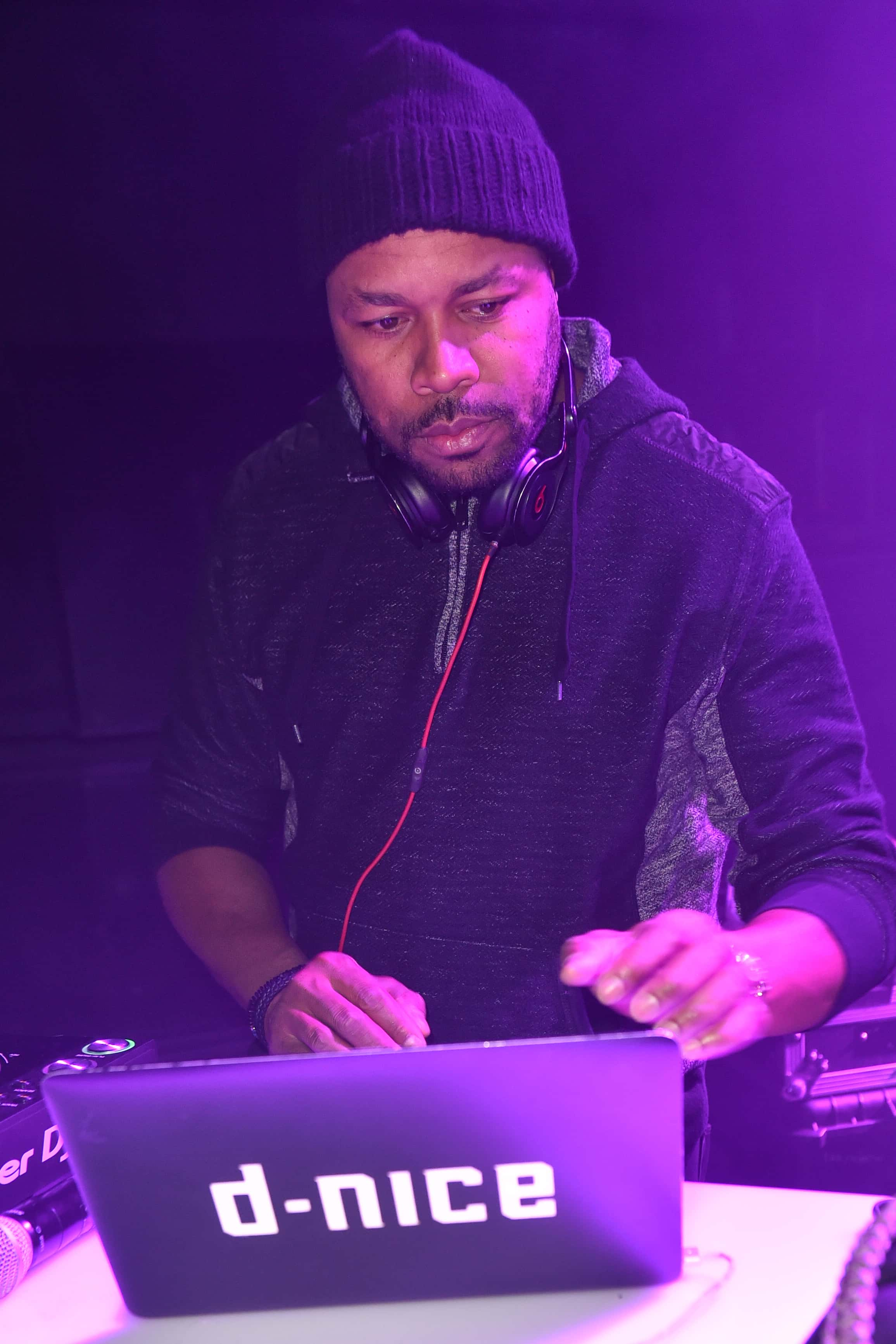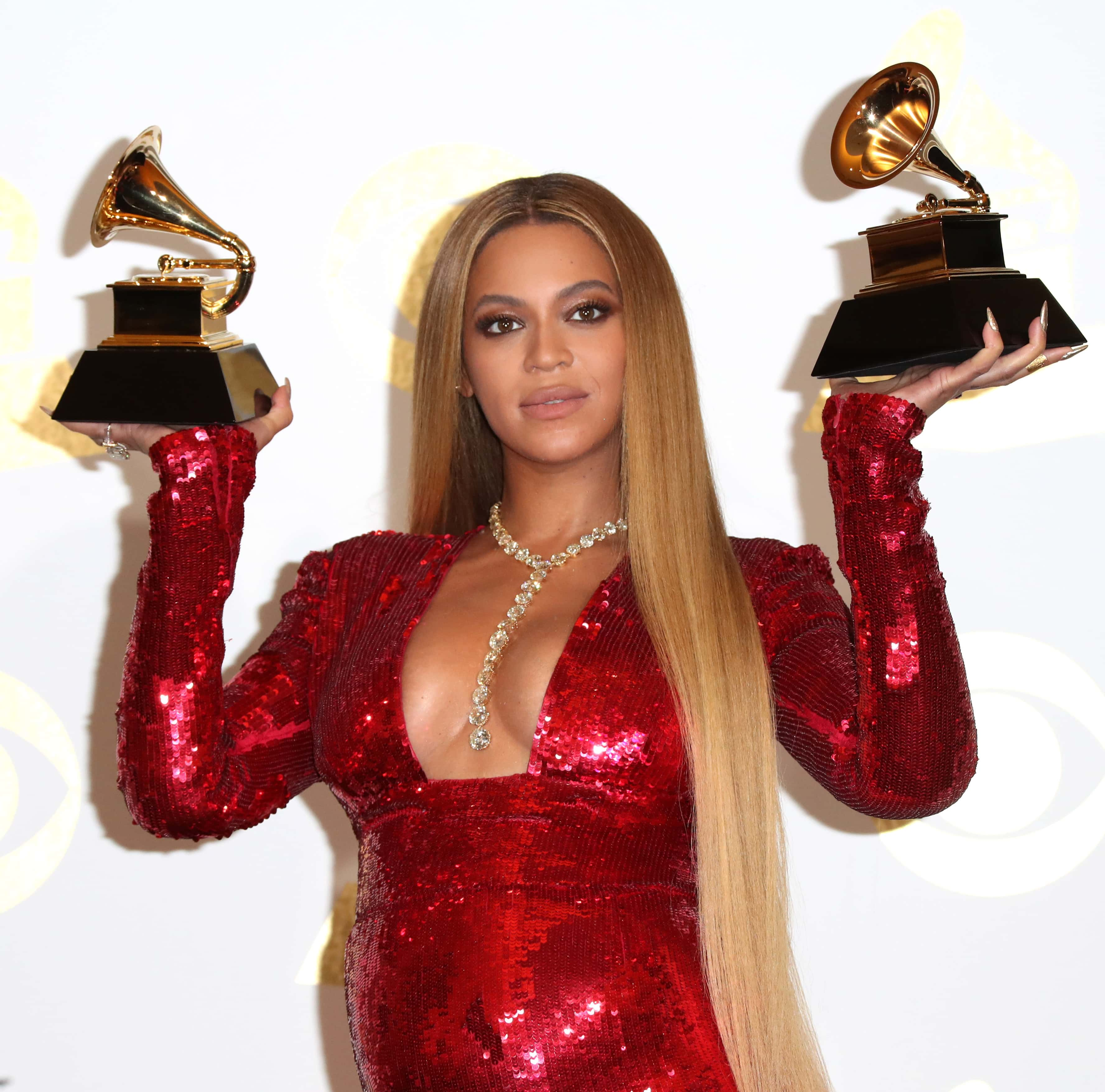Home concerts to live streams, how coronavirus is changing the face of music industry

As more and more people practice social distancing and self-quarantining due to coronavirus pandemic, the music industry is witnessing an interesting shift.
Beginning with Global Citizen's 'Together At Home' initiative, many celebrities and artists have started sharing at-home performances titled 'Together At Home: Who-Global Citizen Solidarity Sessions' to encourage more people to stay indoors and help prevent the spread of coronavirus.
Most recently, celebrity producer, rapper, and DJ D-Nice held an Instagram Live virtual party where he spun records for thousands of viewers for several hours. Many big-name celebrities and personalities joined in using the split view feature, including Common, John Legend, Naomi Campbell, Donnie Wahlberg, Janet Jackson, Oprah Winfrey, Lenny Kravitz, Big Daddy Kane, Spice Adams, and many, many more. Even political personalities like Kamala Harris, Joe Biden, and Michelle Obama chose to make appearances!

The event was an amazing moment for fans who were still reeling from the massive list of celebrities who graced their screens.
Further, it also gave us an interesting glimpse into a world where artists can hold an event online and fans can watch it all from the comfort of their respective homes. No need for event organizers, artists and repertoire, public relations, and marketing, or even guest lists that include celebrity names to drum up more excitement - everyone seemingly shows up without needing to put any effort into reorganizing their schedules so they can make something work.
And that begs the question — did we really need any of that in the first place?
Many artists begin at the grassroots level, performing at local pubs and bars or busking at railway stations and on crowded streets. Some are lucky enough to be scouted or miraculously found, and offered record deals that can make all their musical dreams and ambitions come true.
But it's not always rainbows and sunshine. Artists like JoJo, Kesha, and Taylor Swift have shown us how these labels often hurt them instead of helping their musical careers thrive. Event organizers have also often come under fire for not following proper procedures when setting up events, such as cases like that of K-Pop idol Wendy of the group Red Velvet who suffered a fall that left her hospitalized for months due to improper stage setup.
Issues like these have seen many artists break away from traditional ways of building music careers. Some chose to set up their own brands and agencies to manage their activities, others opt to remain independent.
And some artists like Beyonce use the power of social media to market new albums and music videos.

These changing methods, in combination with the at-home concerts that are gaining popularity, appear to indicate a shift in how music is being created and shared.
Troye Sivan recently announced he would take the money set aside for his upcoming music videos and use it to work with freelance artists instead, and even revealed the name and release date of his next song online.
Artists like John Legend, JoJo, Erykah Badu, Coldplay, and H.E.R. have all used social media as well as live streams to keep their music alive and bring hope to people in these trying times. Even Broadway and the Philadelphia Orchestra have taken their shows online to allow people to watch them.
Artists like Lil Nas X and Lizzo used the opportunity to donate money directly to people in need via CashApp, and many fans and music-lovers have elected to donate money directly to support artists and music-industry workers as the coronavirus pandemic continues to cause shut-downs and take away livelihoods instead of contributing by paying for albums or concert tickets.
Some cities, including New York And Austin, Texas, have also set up directories of freelancers and music-industry workers in need, including payment information for each. Additionally, many artists are selling their music and merchandise through online stores, so fans can even buy from them directly. And since physical contact needs to be kept to a minimum, many artists are focusing on keeping their digital music sales up.
And that implies that for many in the music industry, there are more direct ways to make money off their artistry than going through larger organizations that might suddenly lay them off to deal with the losses from canceling a major event. For fans, this means having more direct and immediate access to the music and artists they enjoy listening to.
However, there are some caveats, of course, including the fact that artists having to wait months to receive the income from streaming services and distributors.
But overall, this does seem to open up the conversation on how artists can take more control of their image and sales, and how much more accessible they can make their work to people who may not always have had the opportunity to see them live or interact with them on a more personal level.










